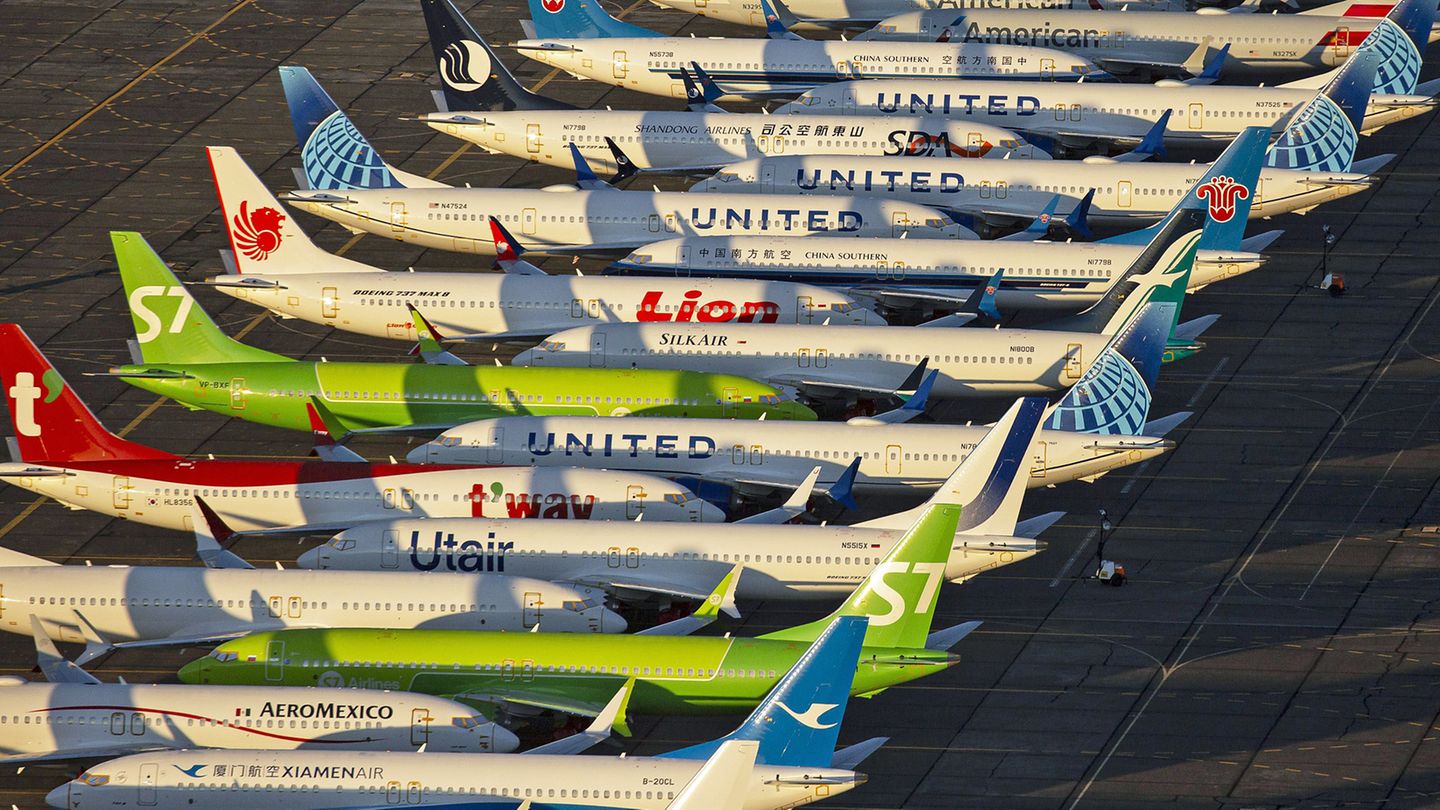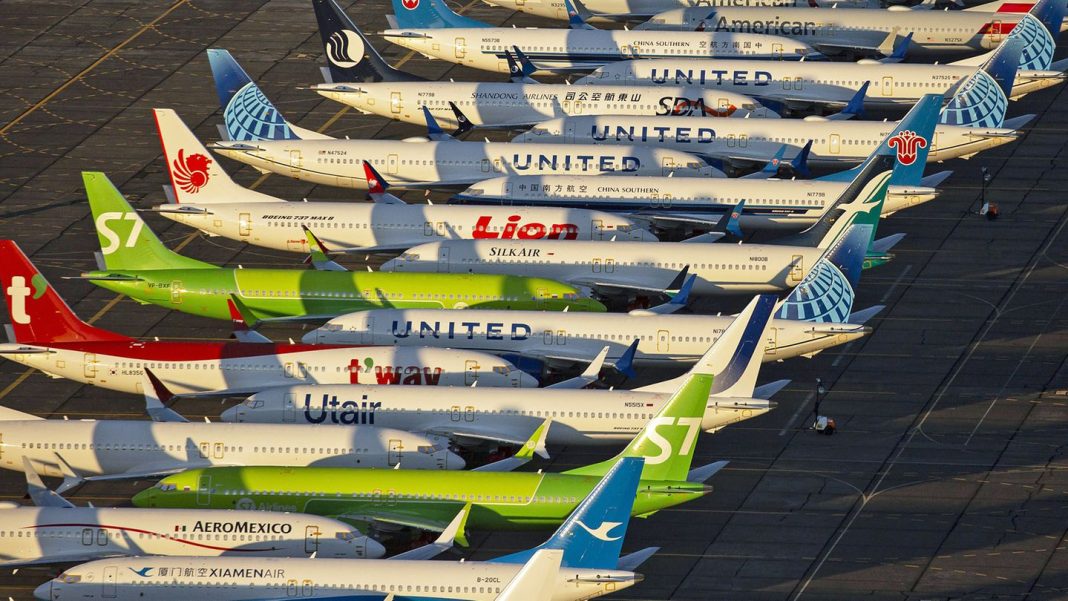 Investigation Reveals Counterfeit Titanium in Boeing and Airbus Jets
Investigation Reveals Counterfeit Titanium in Boeing and Airbus Jets
Introduction:
An investigation conducted by the Federal Aviation Administration (FAA) has revealed that titanium used in the manufacturing of Boeing and Airbus jets was verified using false or incorrect authenticity records. This discovery has raised concerns about the durability of these jets and has prompted both companies to take action to address the issue.
Supply Chain Compromised:
A spokesperson for Spirit AeroSystems, a major supplier to Boeing and Airbus, revealed that the counterfeit titanium entered the supply chain with fake authenticity documents. The company is currently investigating the issue after small holes were found in the titanium due to corrosion. This raises concerns about the overall quality and safety of the jets manufactured with this compromised metal.
FAA Investigation and Boeing’s Response:
The FAA has launched an inquiry to determine the scope and impact of this issue. Boeing, upon discovering the problem, voluntarily disclosed the matter to the FAA. The aviation giant issued a bulletin to its suppliers, urging them to remain vigilant against falsified records. However, Boeing has assured that tests have shown that the correct titanium alloy was used in most of its airplanes, and any affected parts will be removed prior to delivery.
Affected Components and Safety Measures:
The counterfeit titanium was used in critical components of Boeing and Airbus jets, including the passenger entry door, cargo doors, and engine connections. Both companies have conducted extensive tests on these parts to ensure continued airworthiness. Boeing has also stated that its in-service fleet is safe to fly, with only a small number of components being affected. Airbus has confirmed that it has performed numerous tests on parts from the same supply source and has found no compromise in airworthiness.
Impact on Boeing and Airbus:
The discovery of counterfeit titanium comes at a time when both Boeing and Airbus are facing challenges due to increased demand for new jets after the COVID-19 pandemic. Supply chain issues and component shortages have hindered their ability to meet this demand. Additionally, Boeing is also grappling with the FAA’s production cap on its 737 Max aircraft, which was instituted after a safety incident earlier this year. The company’s CEO, Dave Calhoun, is scheduled to testify before the U.S. Senate regarding these safety issues.
Ongoing Investigations:
In addition to the FAA investigation, Boeing is facing scrutiny from the Justice Department. The department is investigating whether Boeing violated a deferred prosecution agreement by not disclosing software implicated in previous crashes. The investigation was prompted by an Alaskan Airlines incident in which a door panel blew off a newly manufactured 737 Max 9. Boeing has submitted a comprehensive plan to improve safety and quality assurance to the FAA, and the Justice Department will announce potential criminal charges against the company by July 7.
Conclusion:
The discovery of counterfeit titanium in Boeing and Airbus jets has raised concerns about the durability and safety of these aircraft. Both companies have taken immediate action to address the issue, conducting tests on affected components and removing any compromised parts before delivery. The ongoing investigations by the FAA and the Justice Department will shed further light on the extent of the problem and whether any regulatory or legal actions are necessary. In the meantime, both Boeing and Airbus remain committed to ensuring the safety and quality of their aircraft for passengers and the aviation industry as a whole.


